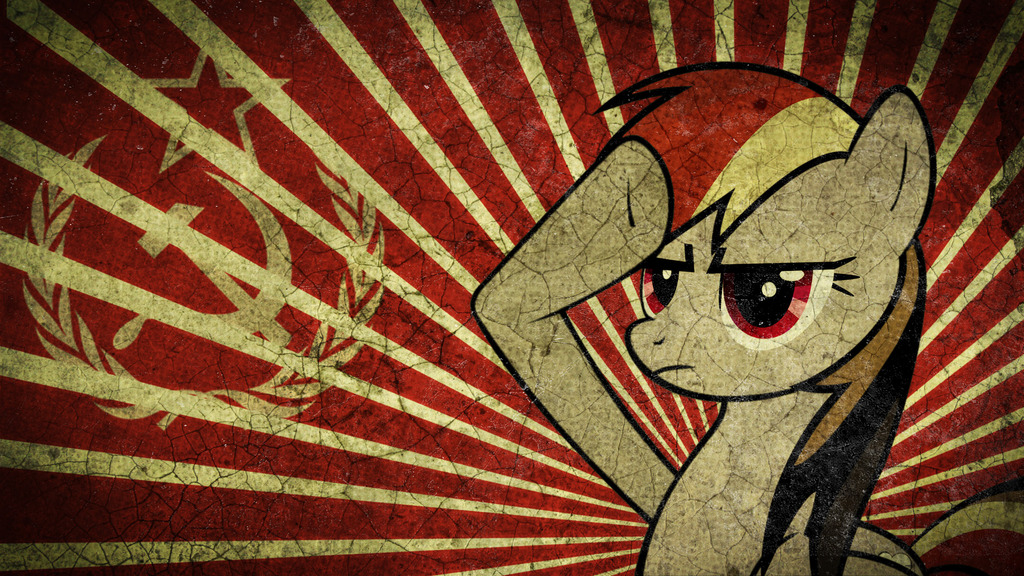It’s like, at first, it was relatively apolitical except maybe the New Atheists who got popular by criticizing the mostly right-wing religious nutjobs.
But then, I think around the mid-2010s, it started to get super political. Suddenly, everybody started to talk about how the evil wacky feminazi SJWs were trying to destroy gaming and our culture?
At this point, it seems like many people have snapped out of it and are making fun of these “anti-woke” crazies, but what materially caused this phenomenon to happen in the first place and why does it still persist to an extent?


So, the nerd culture of pre-gamergate had a big streak of the internet atheist movement. I’m not actually sure you could meaningfully say one was separate from the other. An unspoken part of that was libertarianism. Real end-of-history hours. That’s not to say there weren’t non-libertarians in that space, it’s just the default was you were assumed to be white, male, libertarian, and into pop-culture franchises above and beyond ordinary consumptive habits of the general public.
A big part of nerd-dom, promoted by the owners of these franchises themselves, was the competitive consumption of cultural artifacts. The most obvious manifestation of this is large walls of collectibles, pristine in their packaging, which requires a decent amount of disposable income to indulge in. You didn’t have to spend lots of money, of course. You could competitively consume “lore”, which is often free from your local library.
The consumptive practices excluding certain income levels, the hierarchical nature of “who was in”, and the end of history I think explains a lot of reactionary nerds today (even though nerdy stuff has been used to explore emancipatory ideas about queerness, different societies etc… The artists tend to be more woke than the fans/fan leaders).
There is also the idea of scholarly merit and social exclusion. Obviously its a stereotype, but people who lived that (or believe they lived that) became part of the tech start up culture that drove a lot of the wealth in the Anglosphere, especially as decent paid industrial work started to decline. Again, the increase in wealth lends itself to walls of arcade games and reactionary content.
Politics has always been present in the works and in the fan culture, but there was a certain tendency across everything in the 90s and 2000s to think of itself as apolitical and non-ideological.
Nowadays, enough traditional nerds have enough money and clout to direct movie franchises. No longer is it business majors dictating that “audiences wouldn’t understand a lore accurate X-Men movie” or whatever. But the economics of it are the same (or similar).